China's State Council, the cabinet, on Tuesday unveiled a plan on reforming its institutions.
The plan was submitted to the first session of the 14th National People's Congress for deliberation.
Explaining the plan to national lawmakers, State Councilor and Secretary-General of the State Council Xiao Jie said the State Council institutional reform focuses on optimizing and adjusting the responsibilities of institutions in key areas such as science and technology, financial supervision, data management, rural revitalization, intellectual property rights, and elderly care.
The following are the highlights of the plan:
-- MINISTRY OF SCIENCE AND TECHNOLOGY
The ministry will be restructured to better allocate resources to overcome challenges in key and core technologies, and move faster toward greater self-reliance in science and technology.
The restructured ministry will play a bigger role in improving a new system for mobilizing the nation to make technological breakthroughs, optimizing sci-tech innovation, facilitating the application of sci-tech advances, and coordinating science and technology with economic and social development.
Its macro management functions in science and technology-related strategic planning, institutional reforms, allocation of resources, comprehensive coordination, formulating policies and regulations, and supervision and inspection will also be strengthened.
-- NATIONAL FINANCIAL REGULATORY ADMINISTRATION
China will set up a national financial regulatory administration. Directly under the State Council, the proposed administration will be in charge of regulating the financial industry except the securities sector.
It will be established on the basis of the China Banking and Insurance Regulatory Commission, which will not be retained. Certain functions of the People's Bank of China (PBOC) and the China Securities Regulatory Commission (CSRC) will be transferred to the new administration.
-- LOCAL FINANCIAL REGULATORY MECHANISM REFORM
China will deepen the reform of its local financial regulatory mechanism.
To do that, China will develop a local financial regulatory mechanism with agencies dispatched by central financial regulators as the mainstay.
The institutional structure and resources of these dispatched agencies will be optimized in a coordinated manner.
-- SECURITIES REGULATORY AGENCY
The CSRC will become a government agency -- rather than a public institution -- directly under the State Council.
-- CENTRAL BANK'S LOCAL BRANCHES
China will advance the reform of the branches of the PBOC, or the central bank.
-- STATE-OWNED FINANCIAL CAPITAL MANAGEMENT
China will improve the regulatory mechanism on state-owned financial capital.
-- STAFF MANAGEMENT OF FINANCIAL REGULATORS
China will unify and standardize the management of the staff of financial regulators.
-- DATA MANAGEMENT
China will establish a national data bureau.
The proposed bureau, to be administered by the National Development and Reform Commission (NDRC), will be responsible for advancing the development of data-related fundamental institutions, coordinating the integration, sharing, development and application of data resources, and pushing forward the planning and building of a Digital China, the digital economy and a digital society, among others.
Certain functions of the Office of the Central Cyberspace Affairs Commission and the NDRC will be transferred to the new bureau.
-- RURAL REVITALIZATION
China will improve the functions of the Ministry of Agriculture and Rural Affairs.
-- ELDERLY-CARE WORK
China will improve its elderly-care work mechanism to implement the proactive national strategy in response to population aging and to expand the basic elderly-care services to cover all senior citizens.
-- IPR MANAGEMENT
China will improve the management mechanism for intellectual property rights (IPR) to upgrade IPR creation, application, protection and management.
The China National Intellectual Property Administration, currently administered by the State Administration for Market Regulation, will be adjusted into an institution directly under the State Council, a move aimed at adapting to the demand of building a country of innovation.
-- NATIONAL PUBLIC COMPLAINTS AND PROPOSALS ADMINISTRATION
The administration will become an institution directly under the State Council from one under the general office of the State Council, aiming to strengthen and improve the handling of public petitions and better safeguard the interests of the people.
-- CENTRAL-LEVEL STATE INSTITUTION STAFF MANAGEMENT
China's state institutions at the central level will downsize their staff by 5 percent.
The State Council will still consist of 26 departments besides its general office after the reform plan is implemented.








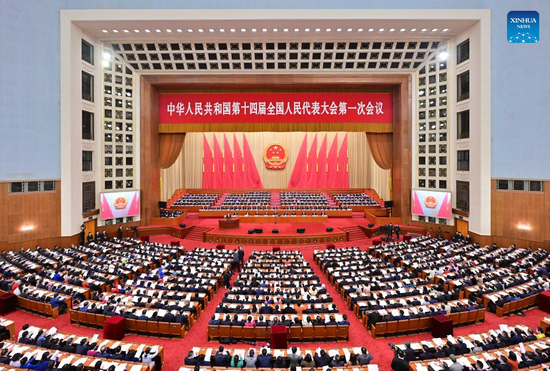


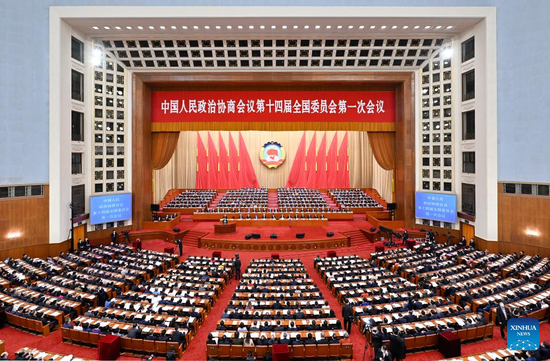
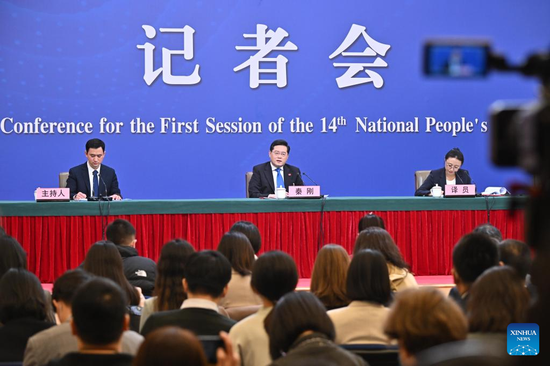

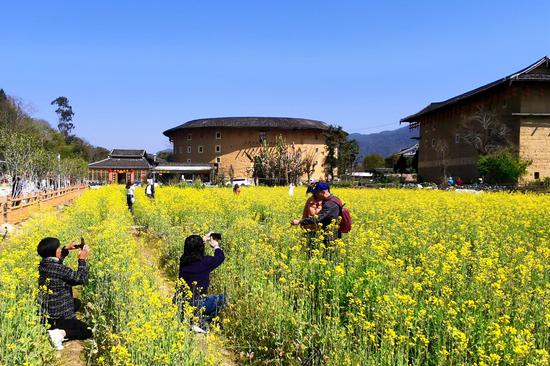
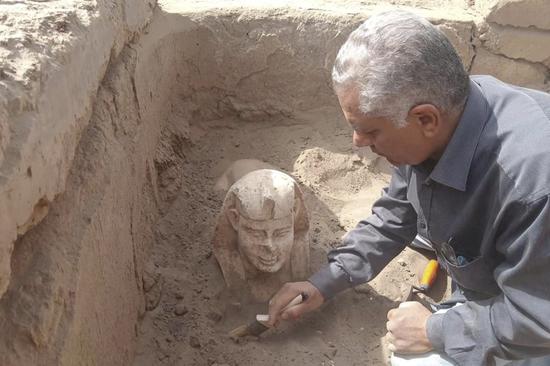
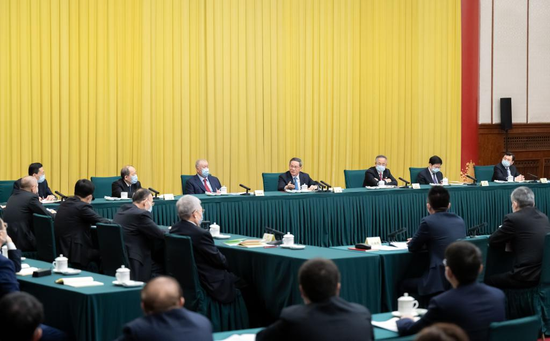
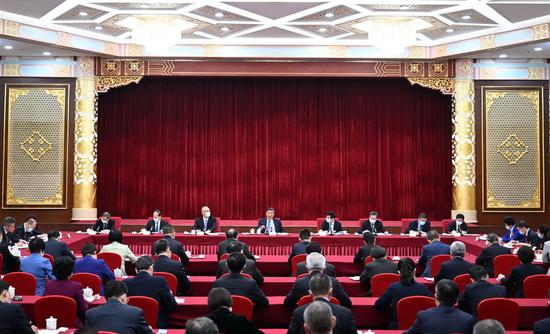




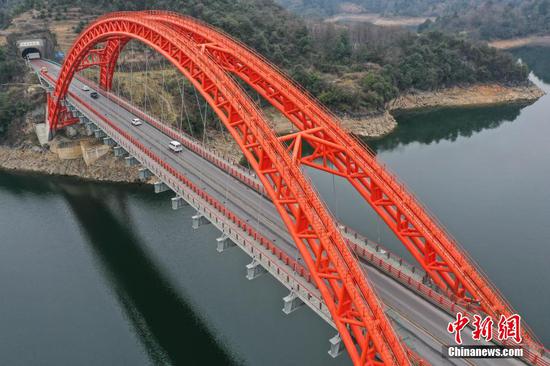

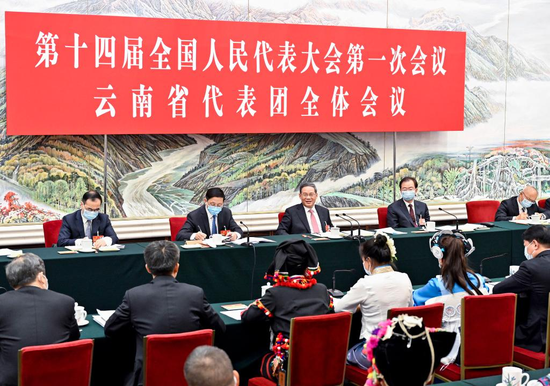
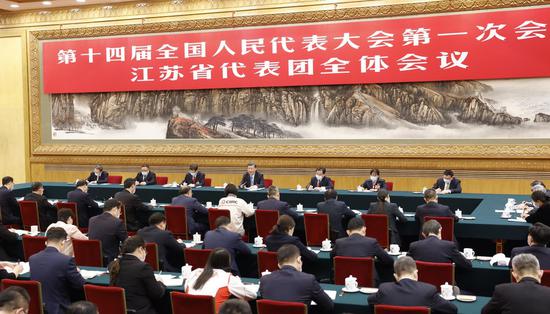

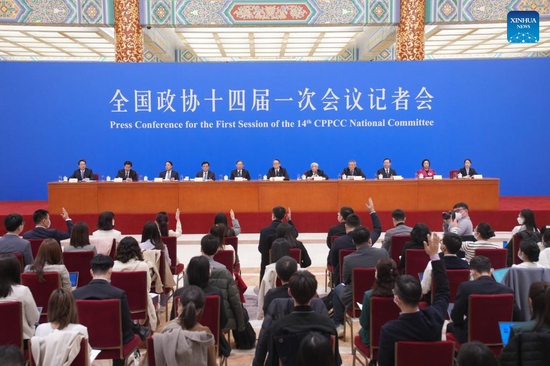

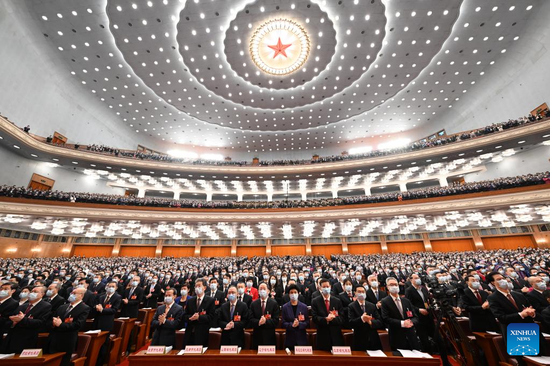
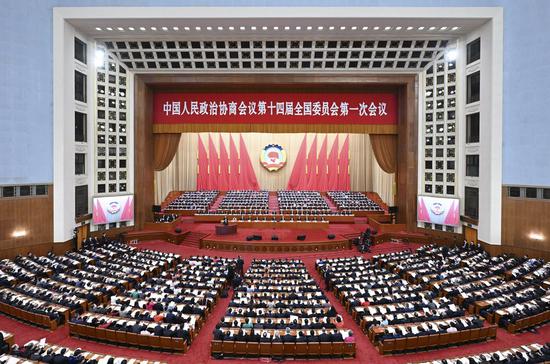
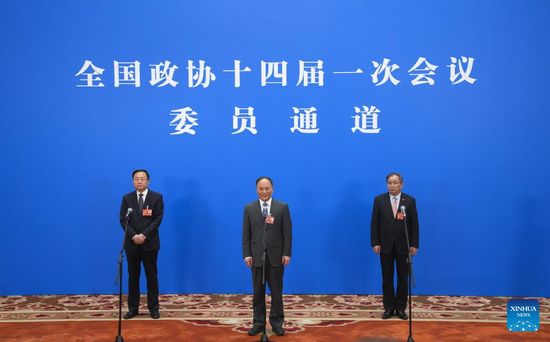
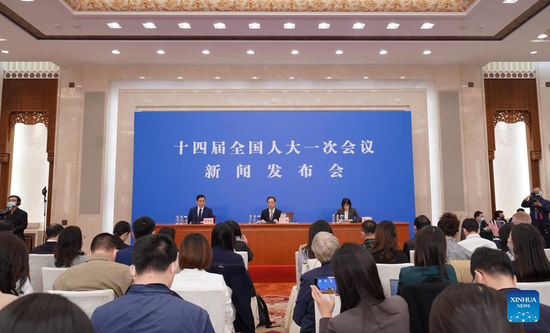
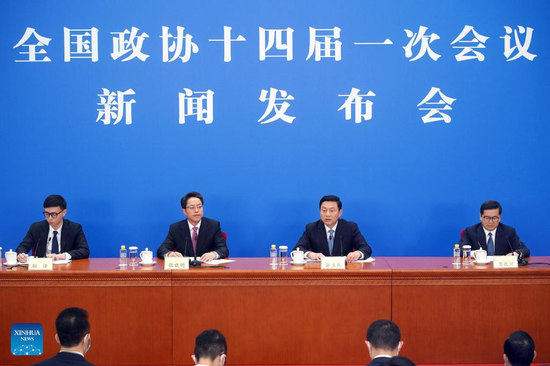

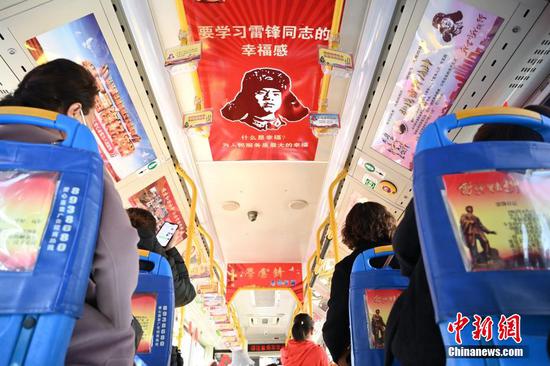
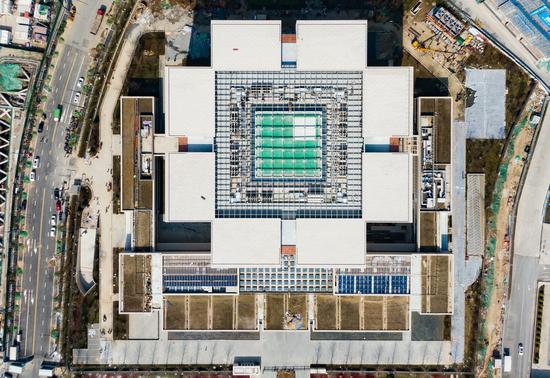

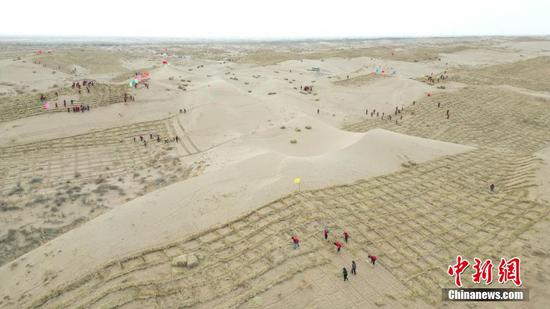




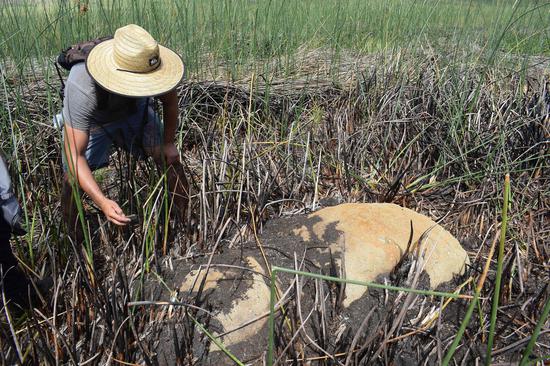






 京公網安備 11010202009201號
京公網安備 11010202009201號